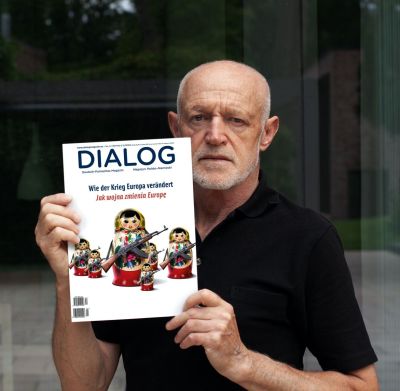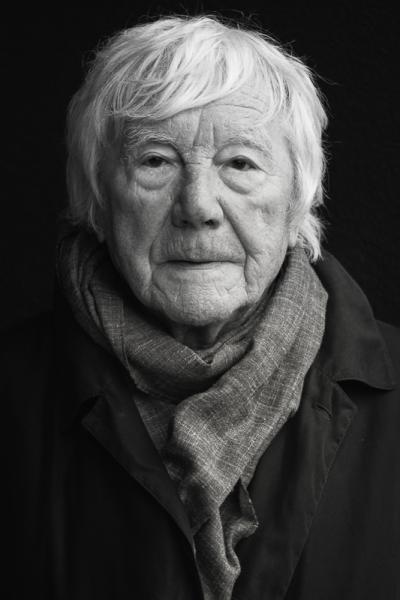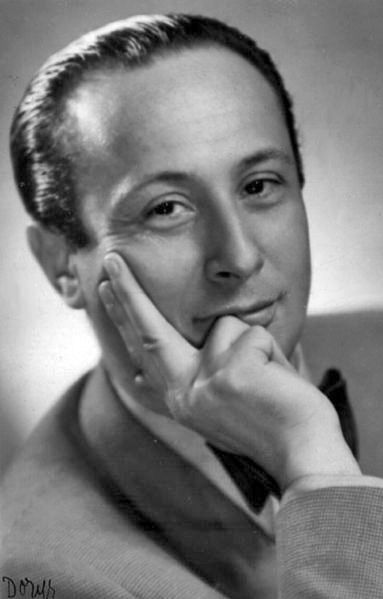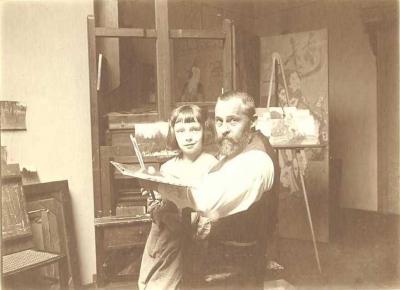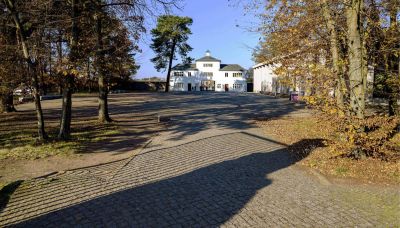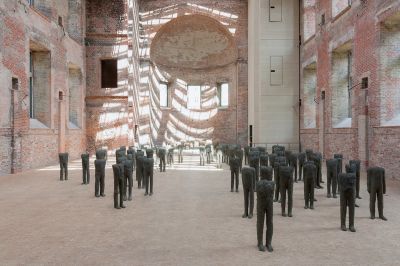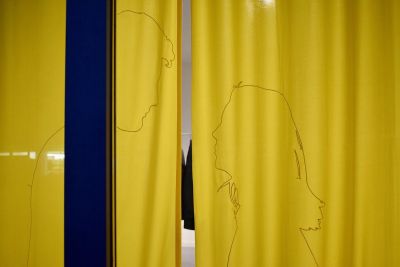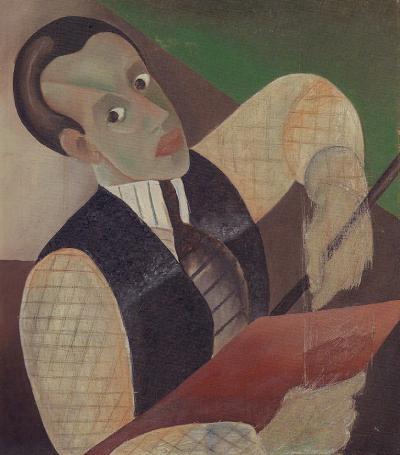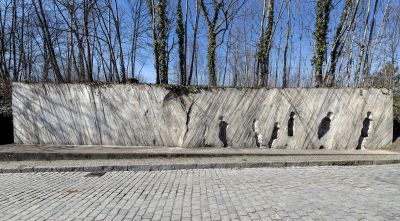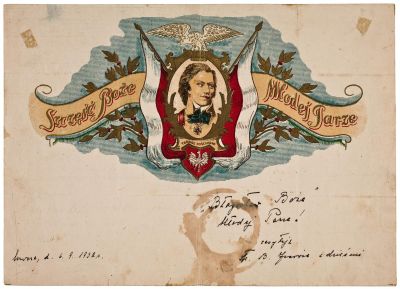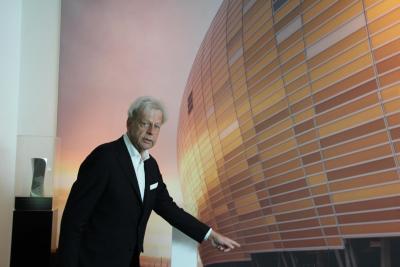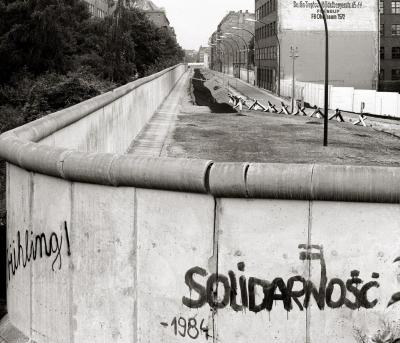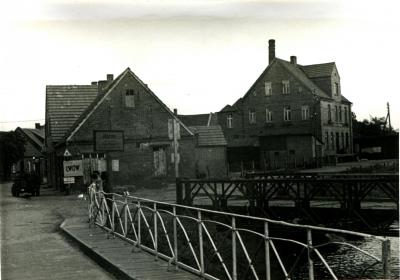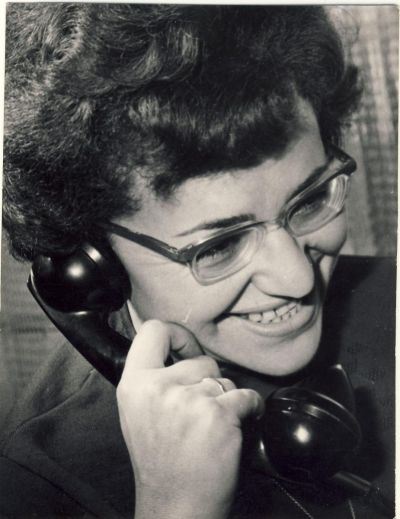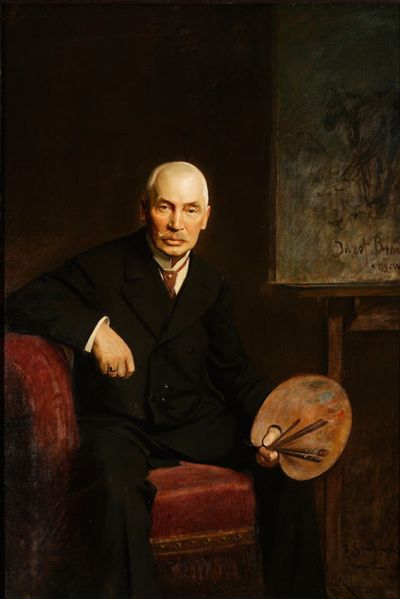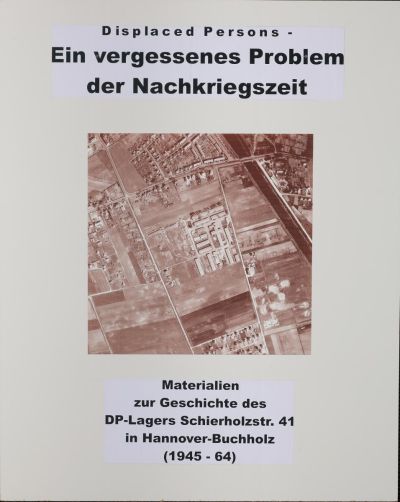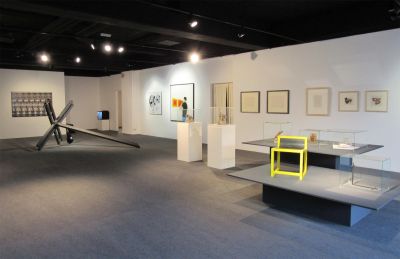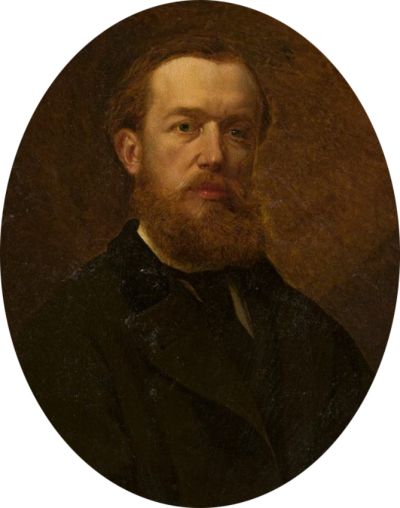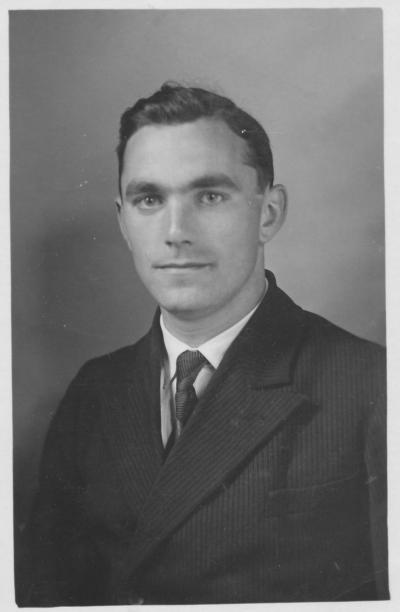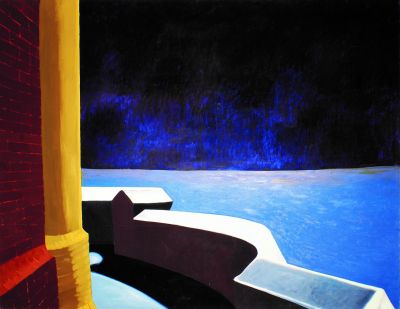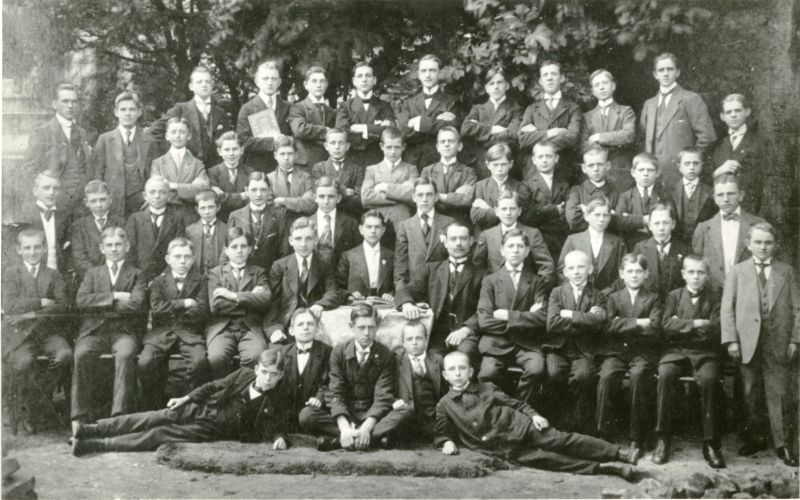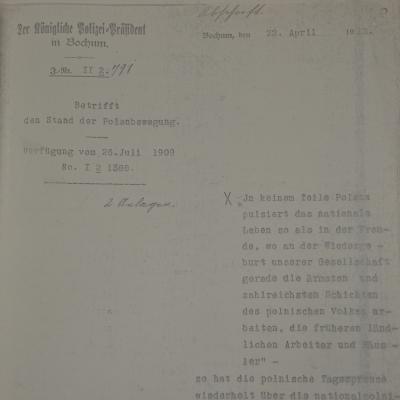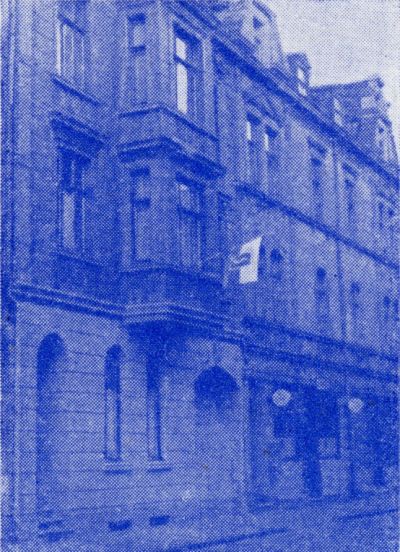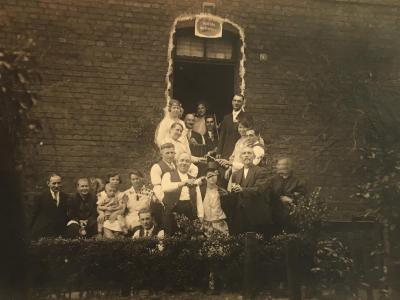The Ruhr Poles
Mediathek Sorted
-
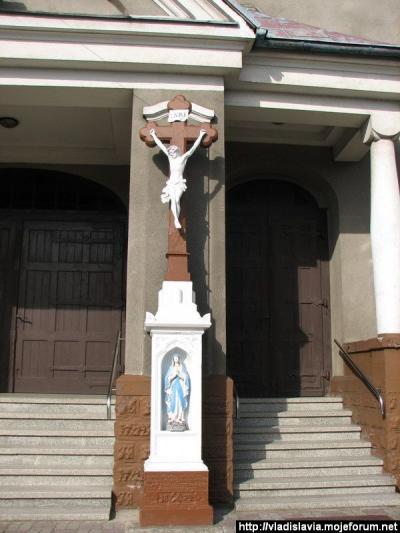
-
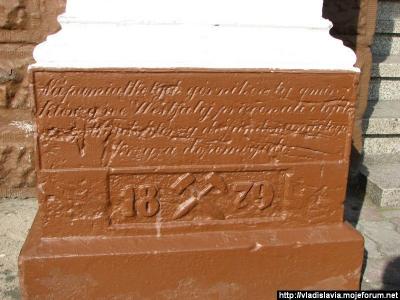
-
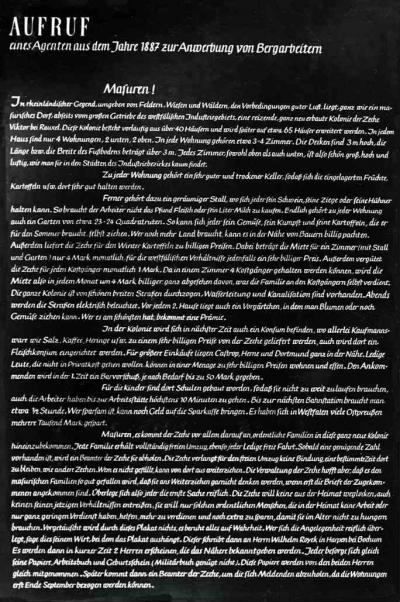
-
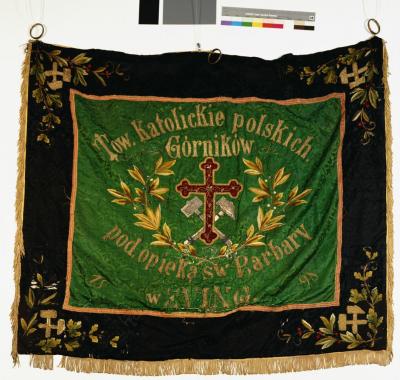
-
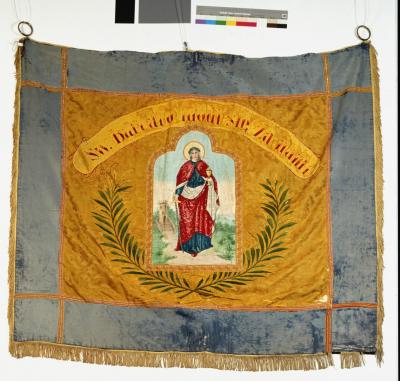
-
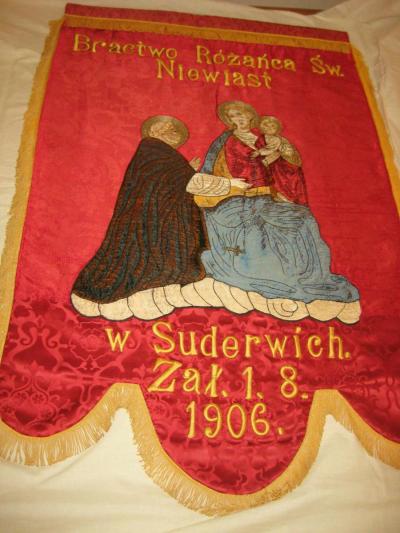
-
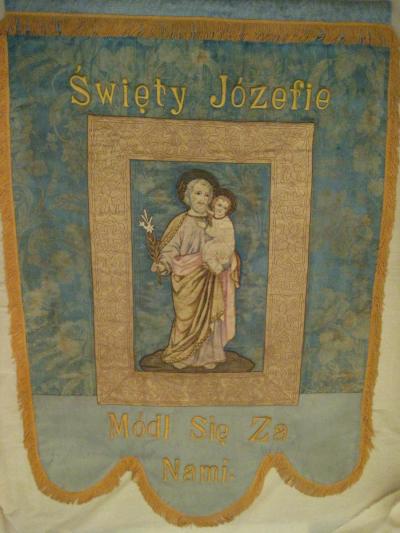
-
![Flag of the Mickiewicz Choral Society from Oberhausen 1898, front Flag of the Mickiewicz Choral Society from Oberhausen 1898, front - Flag of the choral society "Mickiewicz" from Oberhausen, founded on 30 May 1898, inscription on the back: "Cześć Pieśni" [honour to the song]](/sites/default/files/styles/width_100_tiles/public/assets/images/gesangverein_mickiewicz_fahne_2.jpg?itok=XgzeW2hv)
-
![Flag of the Mickiewicz Choral Society from Oberhausen 1898, reverse Flag of the Mickiewicz Choral Society from Oberhausen 1898, reverse - Flag of the choral society "Mickiewicz" from Oberhausen, founded on 30 May 1898, inscription on the back: "Cześć Pieśni" [honour to the song]](/sites/default/files/styles/width_100_tiles/public/assets/images/gesangverein_mickiewicz_fahne_1.jpg?itok=z2SaZxxf)
-

-

-
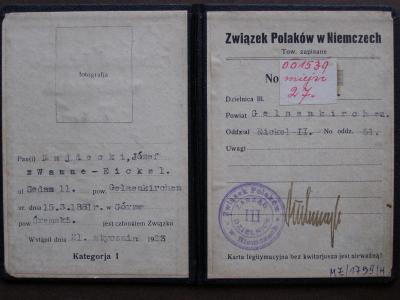
-
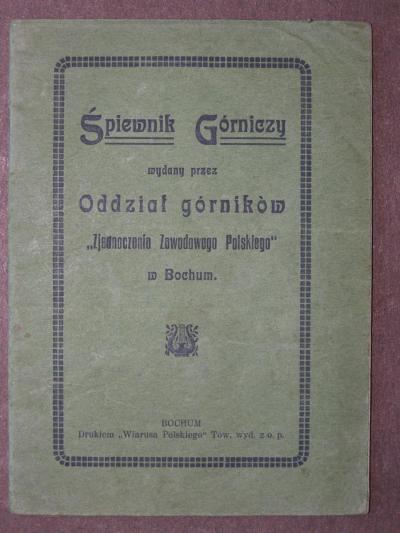
-
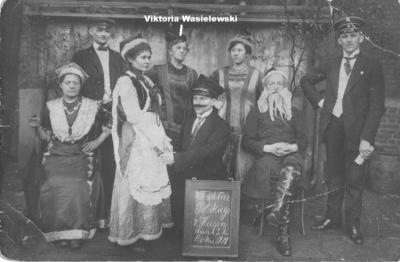
-
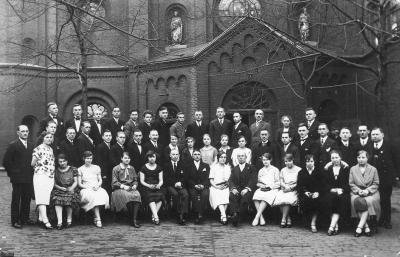
-
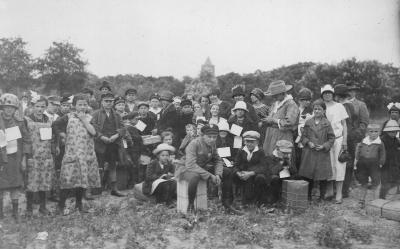
-
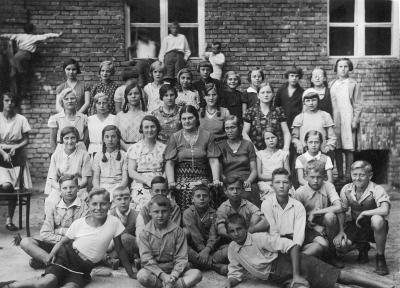
-
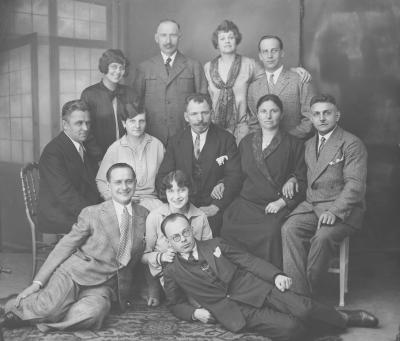
-
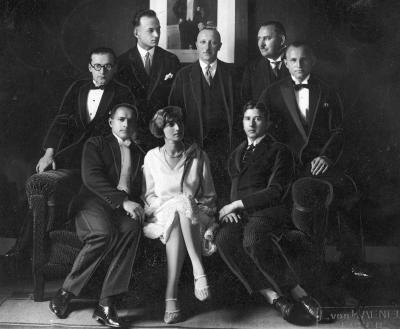
-
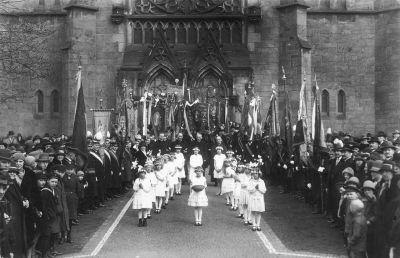
-
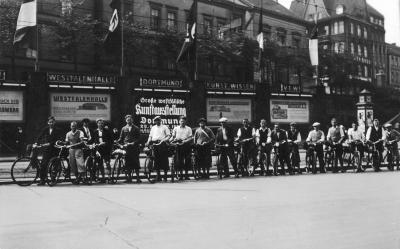
-
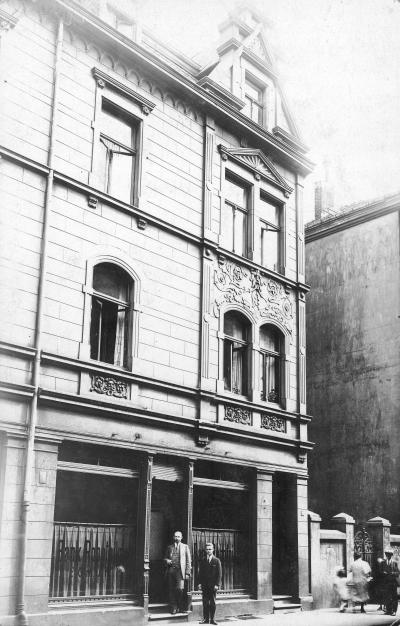
-
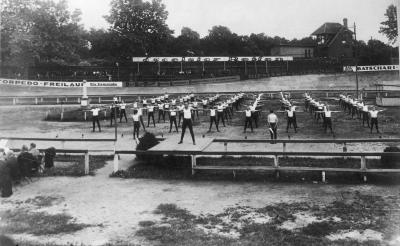
-
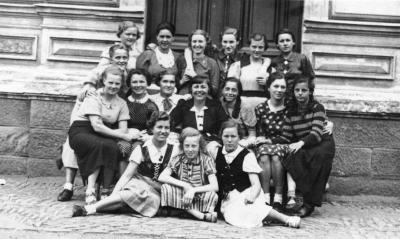
-
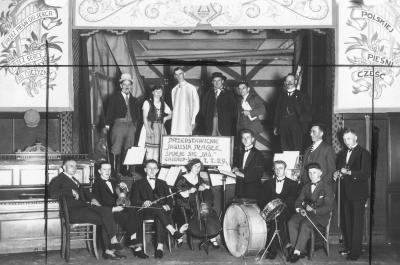
-
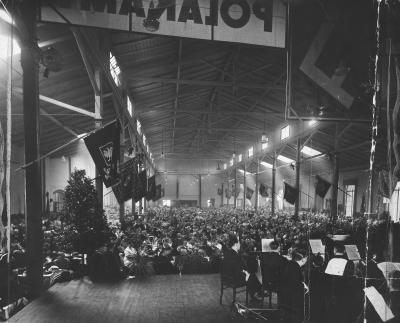
-
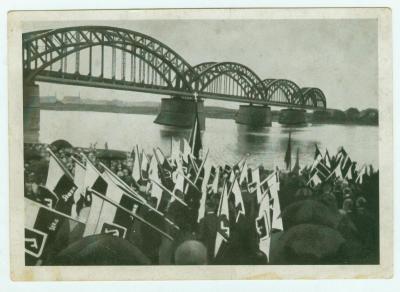
-
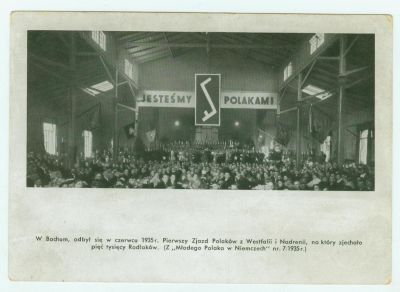
-
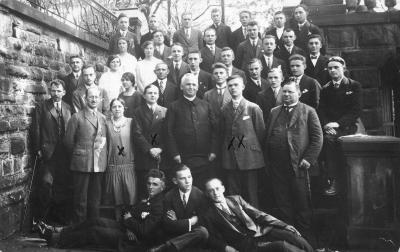
-

Die „Ruhrpolen“ - Hörspiel von "COSMO Radio po polsku" auf Deutsch

Even in previous years official discrimination against the Polish population had been greatly expanded. The so-called "language and muzzle paragraph", a component of the 1908 Reichsvereinsgesetz (Imperial Association Act), severely restricted the use of the Polish language in public in districts where less than 60% of local residents were Polish native speakers at the time of the last census.[22] Moreover, the 1904 amendment to the Resettlement Act in conjunction with the 1908 Colonisation Commission in some East Prussian regions, which tried to attract German settlers, made it almost impossible for Polish Prussians to acquire building land in the Eastern provinces, and destroyed the dreams of many Ruhr Poles of returning home and acquiring houses and farms.[23] From time to time absurd measures were taken to interfere with the everyday life in the Ruhr Pole associations. One such occurred in 1904 in Wanne, where a ban on the use of the Polish language in communion classes, confessions, baptisms, weddings and funerals was justified by the need to combat "political-Polish agitation".[24] Some authorities arbitrarily extended the concept of 'political' to almost all areas of social and religious life, all the way to the above-mentioned prohibitions in the religious sphere. As a result, large sections of the highly religious Ruhr Polish population were unable to understand the concept, and at times this provoked violent agitation.
By 1912 Polish immigrants in the Rhineland-Westphalian industrial region had founded nearly 900 associations with a total of more than 80,000 members.[25] However, this number was relativised by the high proportion of multiple memberships, as it was not unusual for one person to be a member of several clubs at the same time.[26] It is also worth mentioning that the Polish Professional Association (Zjednoczenie Zawodowe Polskie, ZZP), founded in 1902, accounted for a large part of the total number of association members: ten years after its foundation, it had around 30,000 members in the Ruhr area alone.[27] On the one hand, its success was based on a level structure with numerous branches in towns and districts of the Rhineland-Westphalian industrial region; and on the other hand it was based on its diverse range of services. Membership offered personal comprehensive employment and insurance coverage (and in the event of death also for the family), as well as the opportunity to meet up and enjoy themselves.[28] In the years prior to the outbreak of the First World War, the militarily organised national-Polish gymnastics clubs (Sokół) with their approximately 6,000 members in the Rhine and Ruhr areas were also highly successful. After 1918, however, they quickly lost influence and the general association of Sokół clubs in Rhineland and Westphalia was dissolved in 1927. Here two factors were decisive: on the one hand, many active members left the Ruhr area after 1918. And on the other hand, the Sokół clubs lost a huge number of members to the numerous football clubs that had been set up in the towns and districts of the Ruhr area since the 1920s.[29]
[22] Oenning, Ralf Karl: „Du da mitti polnischen Farben…“. Sozialisationserfahrungen von Polen im Ruhrgebiet 1918 bis 1939, Münster/New York 1991, p. 19.
[23] Peters-Schildgen, Susanne: „Schmelztiegel“ Ruhrgebiet. Die Geschichte der Zuwanderung am Beispiel Herne bis 1945, Essen 1997, p. 36.
[24] Matwiejczyk: Zwischen kirchlicher Integration, p. 31.
[25] Peters-Schildgen, Susanne: Das polnische Vereinswesen in der Kaiserzeit und in der Weimarer Republik. Ein Vergleich, in: Dahlmann u.a.: Schimanski, p. 61.
[26] Wachowiak: Polacy, p. 99.
[27] Kleßmann, Christoph: Zjednoczenie Zawodowe Polskie ZZP – polnische Berufsvereinigung und Alter Verband im Ruhrgebiet (Internationale wissenschaftliche Korrespondenz zur Geschichte der deutschen Arbeiterbewegung, 15. Jg. 1979,, Heft 1), p. 69.
[28] StA Hattingen, SHC01-397, Übersetzungen..., No. 6, 1913, 7. February 1913, Was lehren die christlichen Gewerkschaften den polnischen Arbeiter, in: Wiarus Polski, No. 22, 28. January 1913; Wachowiak: Polacy, pp. 117 and 162–163.
[29] Skrabania: Keine Polen?, pp. 132–134.





